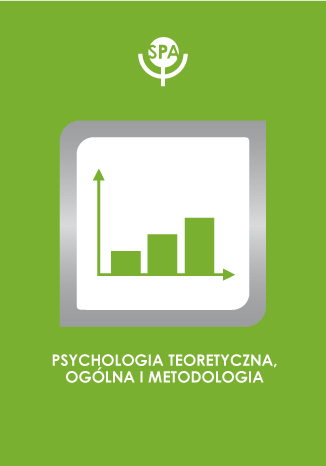Uwarunkowania regulacyjnej aktywacji standardów poza-Ja

Joanna Rajchert, Marta Kamińska-Feldman
DOI:
Rocznik: 2008 Tom: 14 Numer: 2
Strony: 255-263
The aim of the experiment was to verify the hypothesis about controlling function of evaluative standards (regarding self or others) with participants of various levels of self distinctiveness in group rejection and acceptance conditions. We predicted that moderately self-distinctive participants will achieve higher indices of concentration on standards of others when rejected than when accepted or in neutral condition. High self-distinctive participants will obtain higher indices of concentration on standards of others when accepted than when rejected or in neutral conditions. These predictions were acknowledged in presented study. People with various self-distinctiveness depending on their way of interpretation of social situation, activated more frequently one of the two systems – the system of other’s standards based on reflective processes or system of self standards that is more primary and affective based.









 Pobierz pełny tekst
Pobierz pełny tekst



